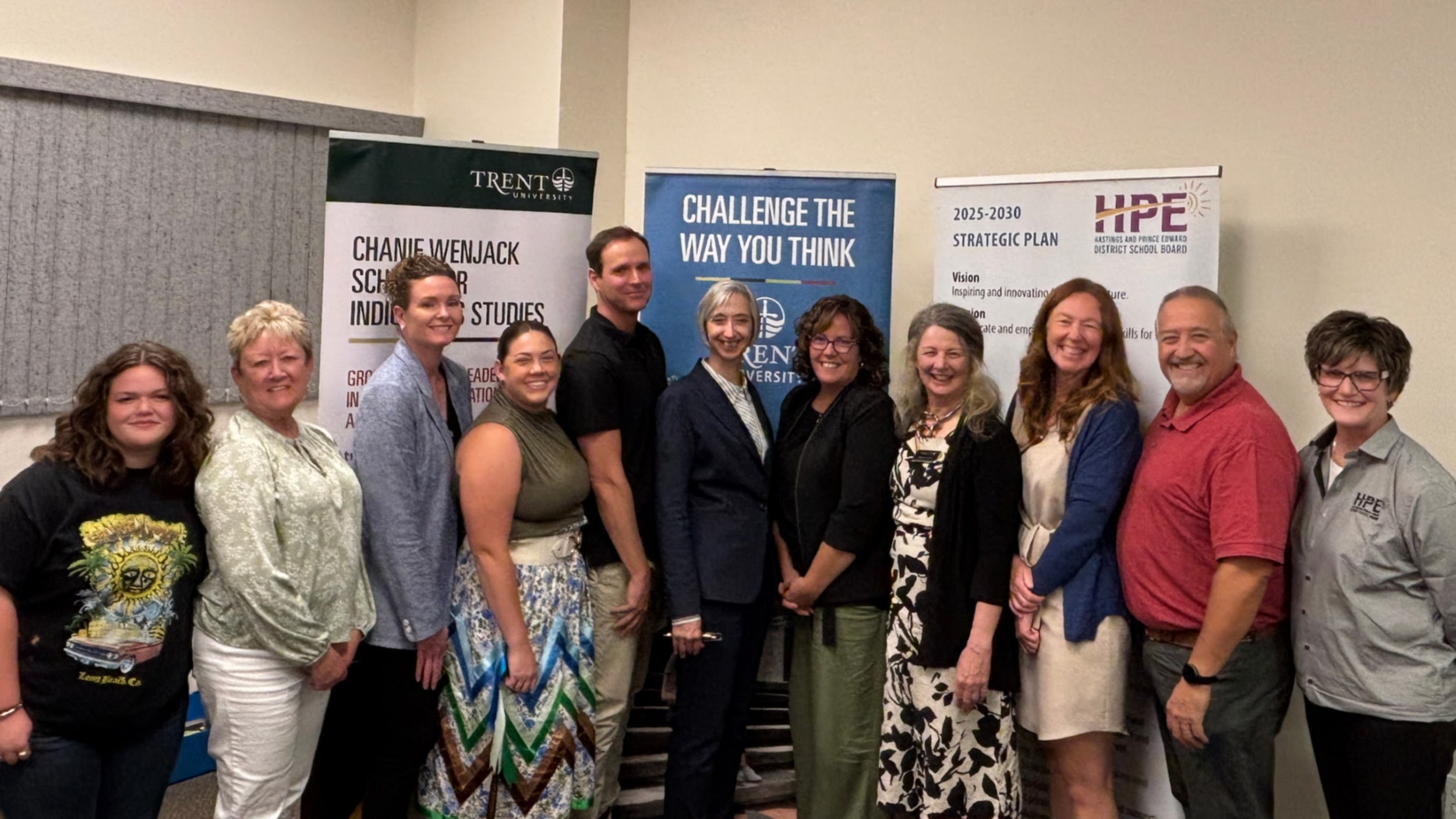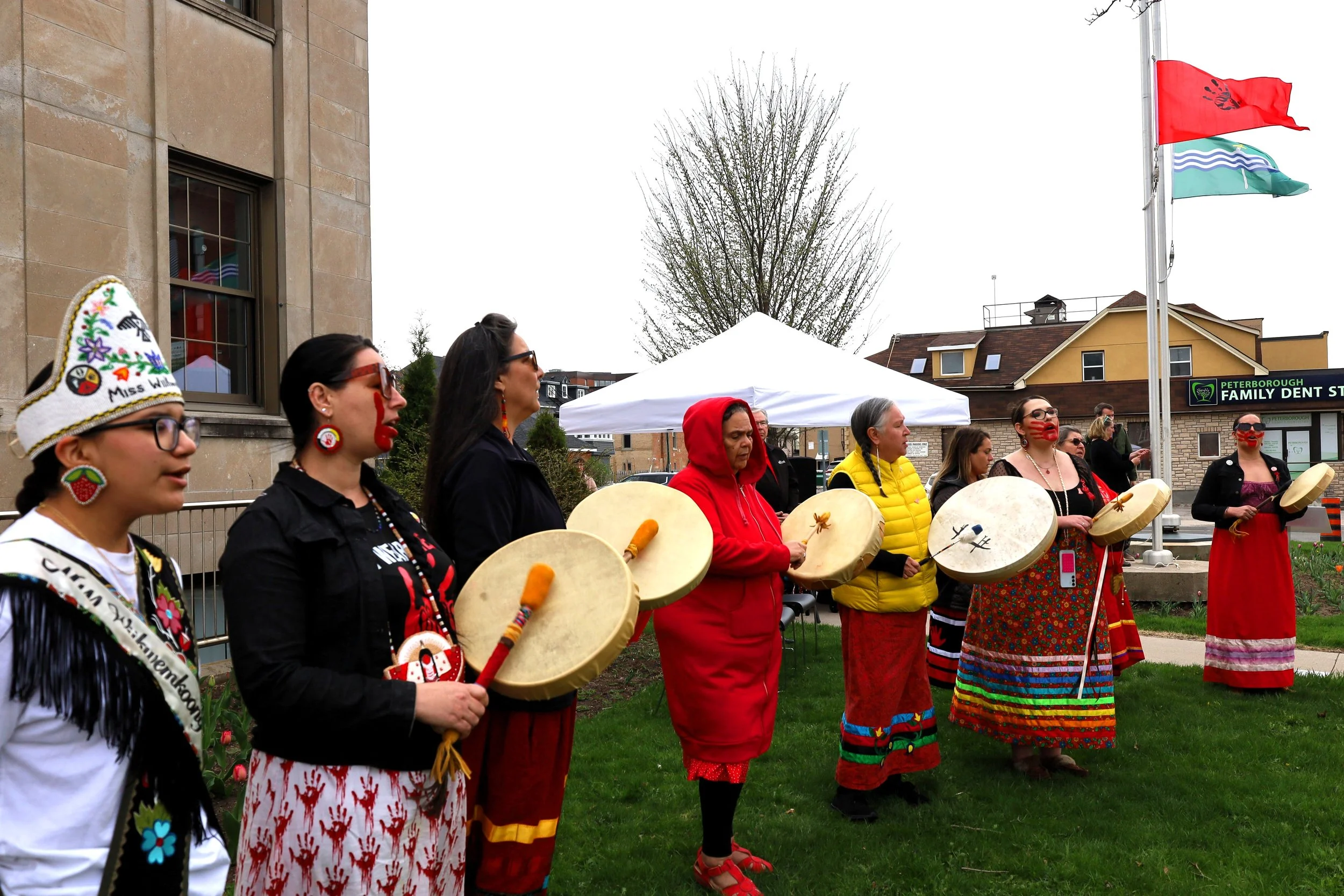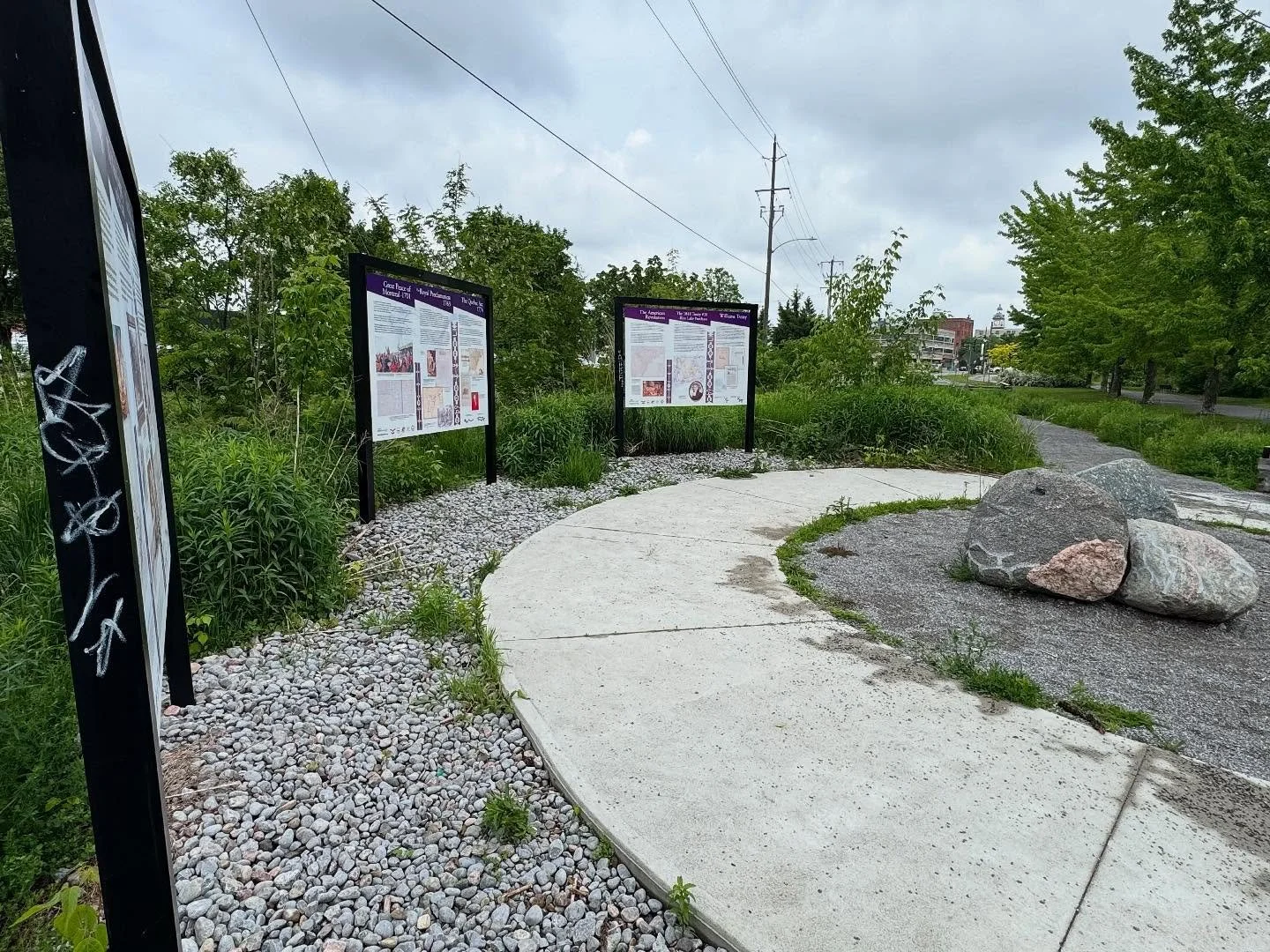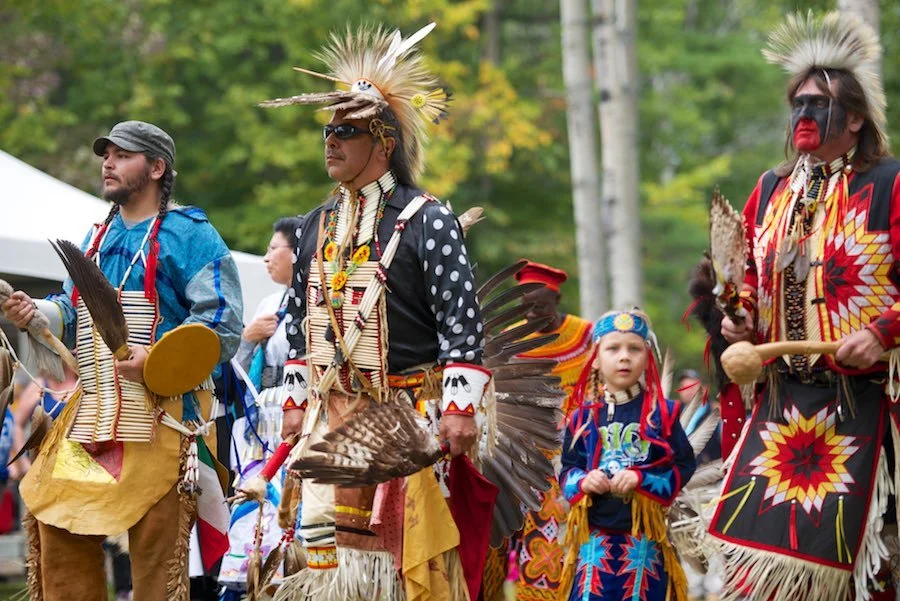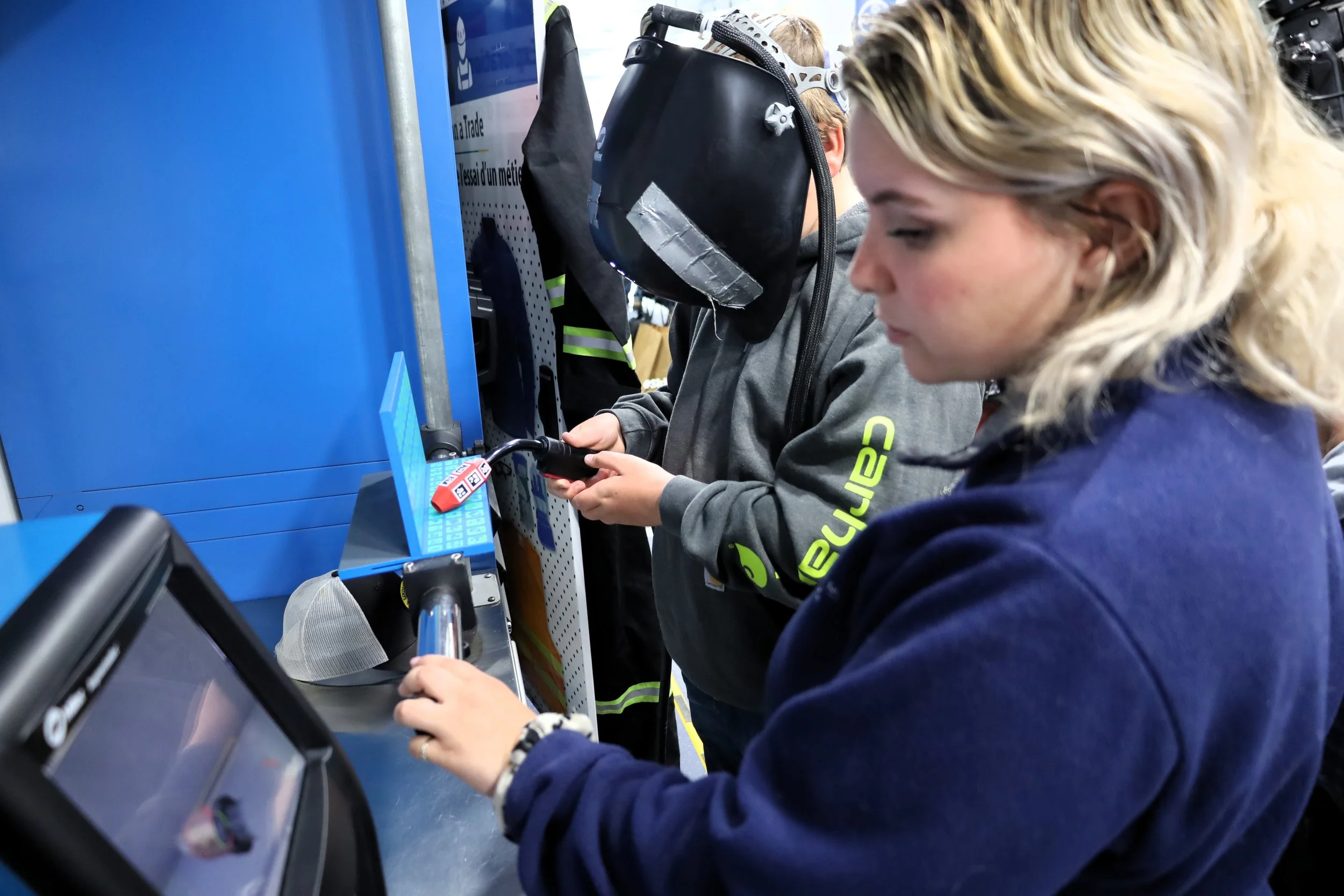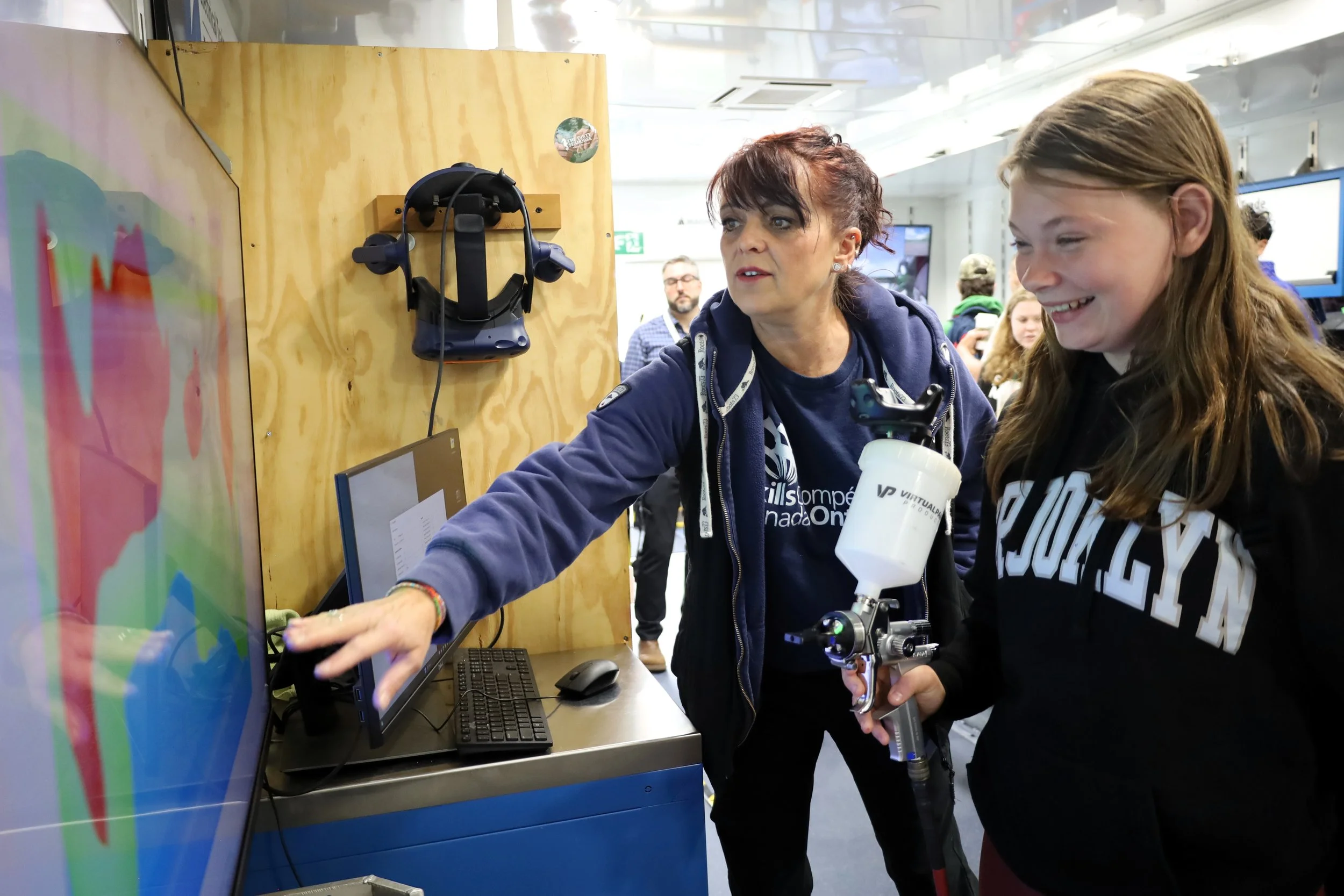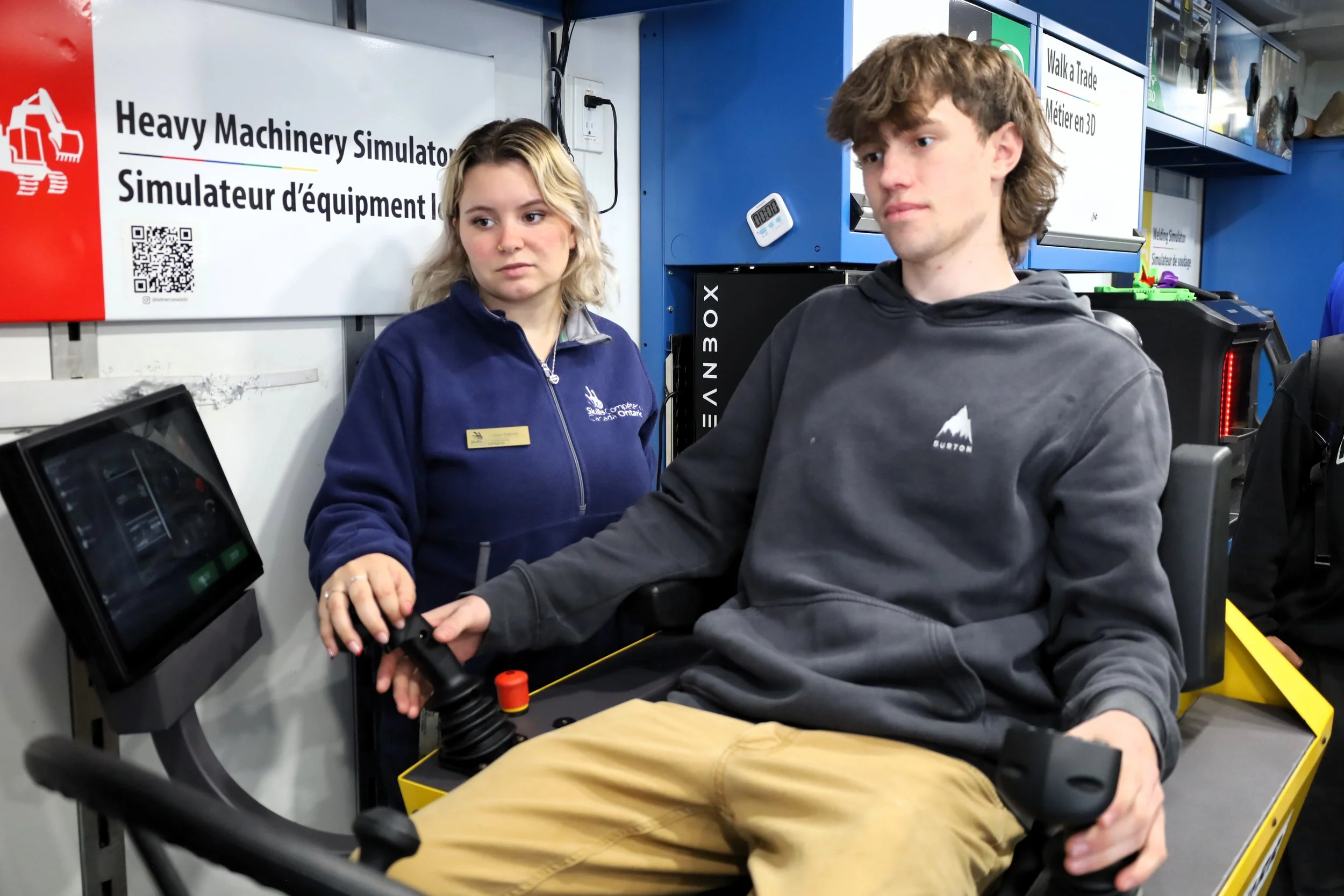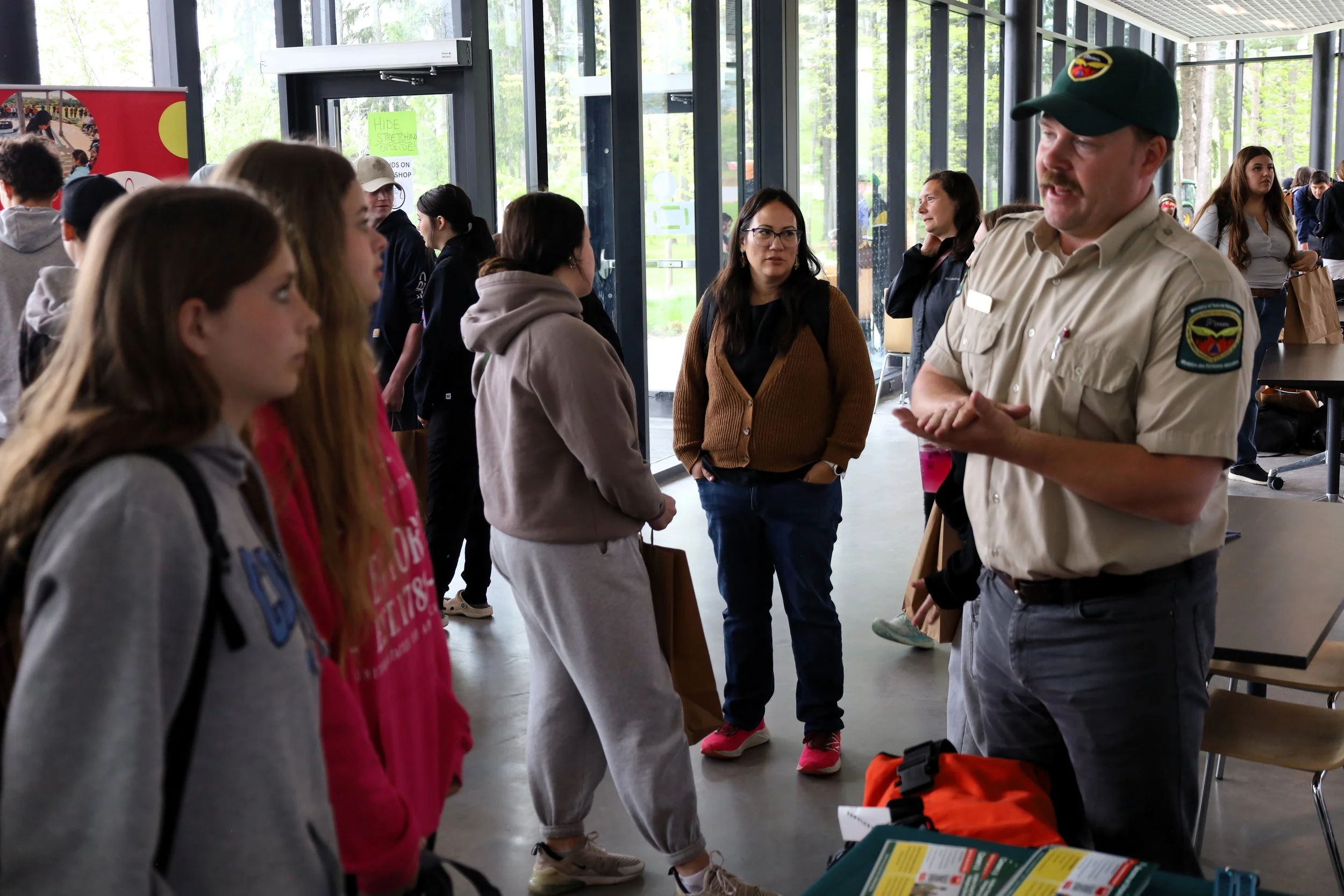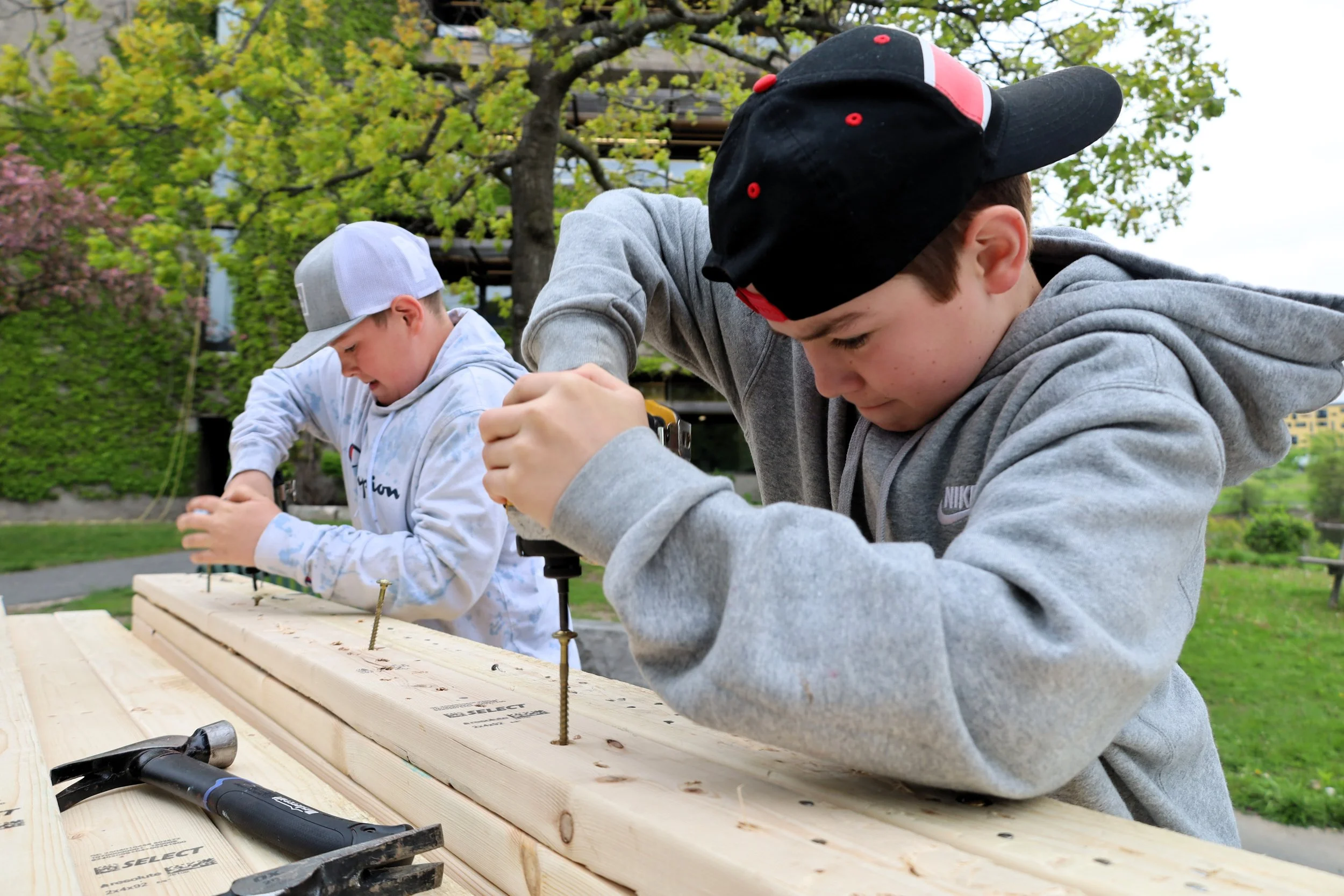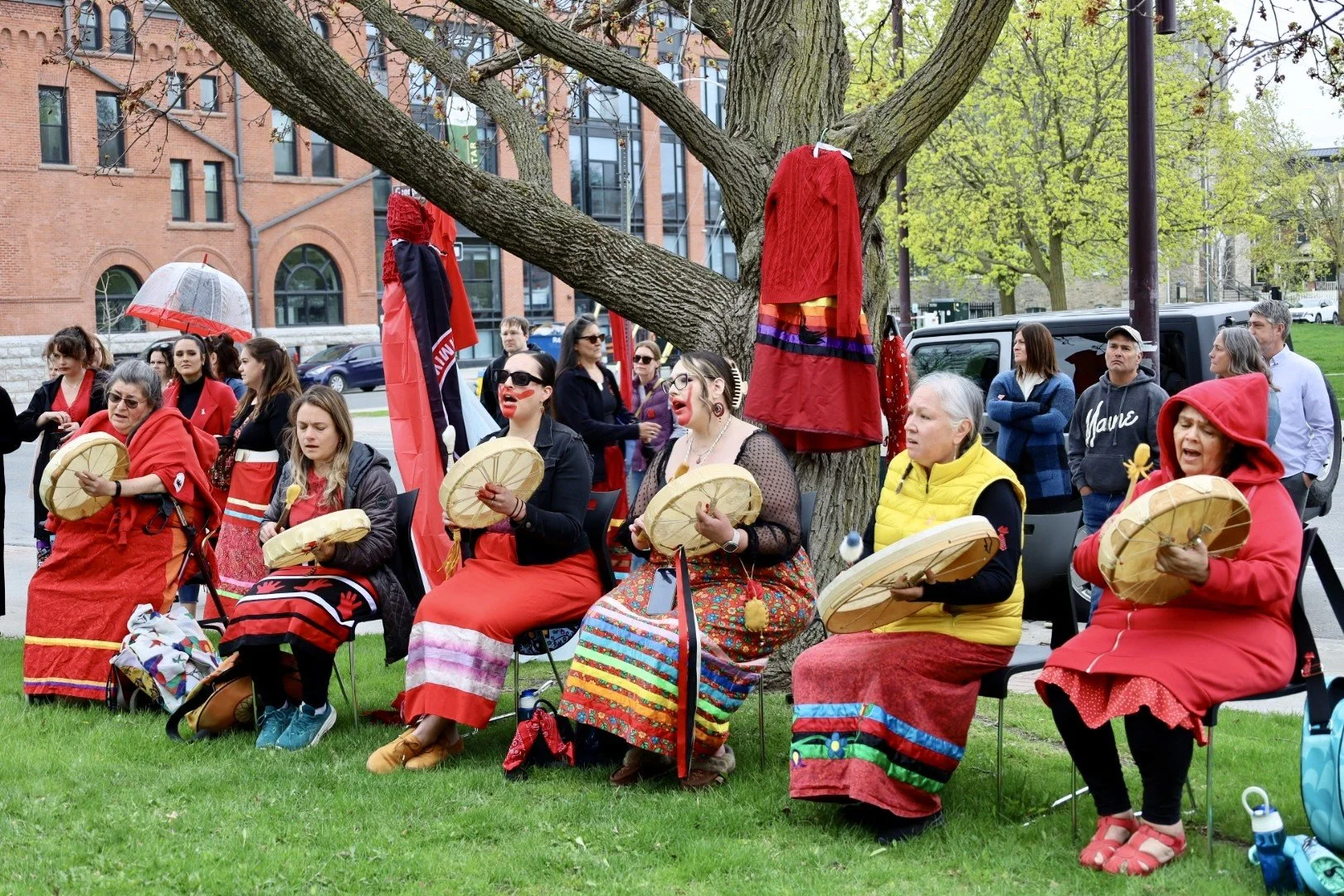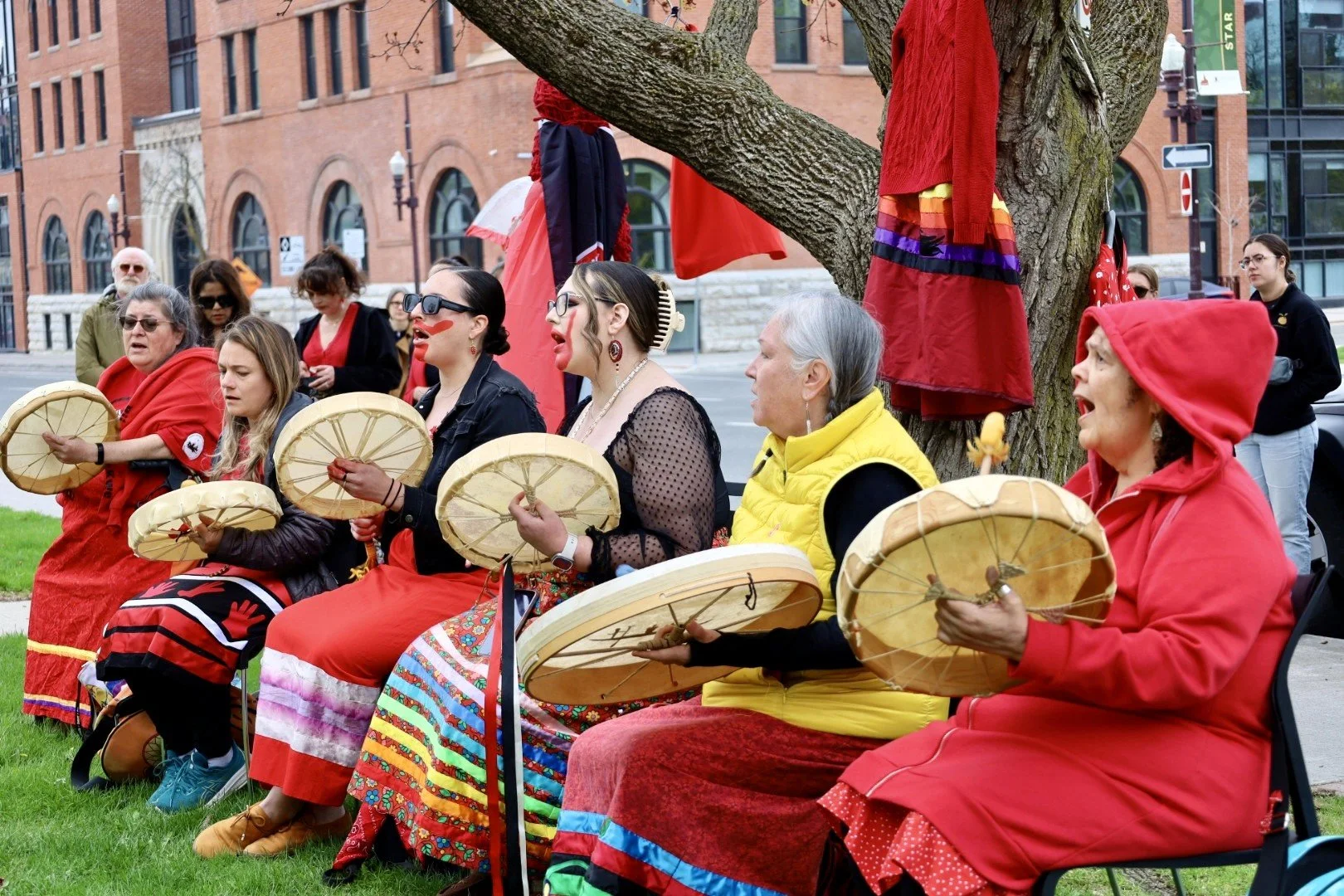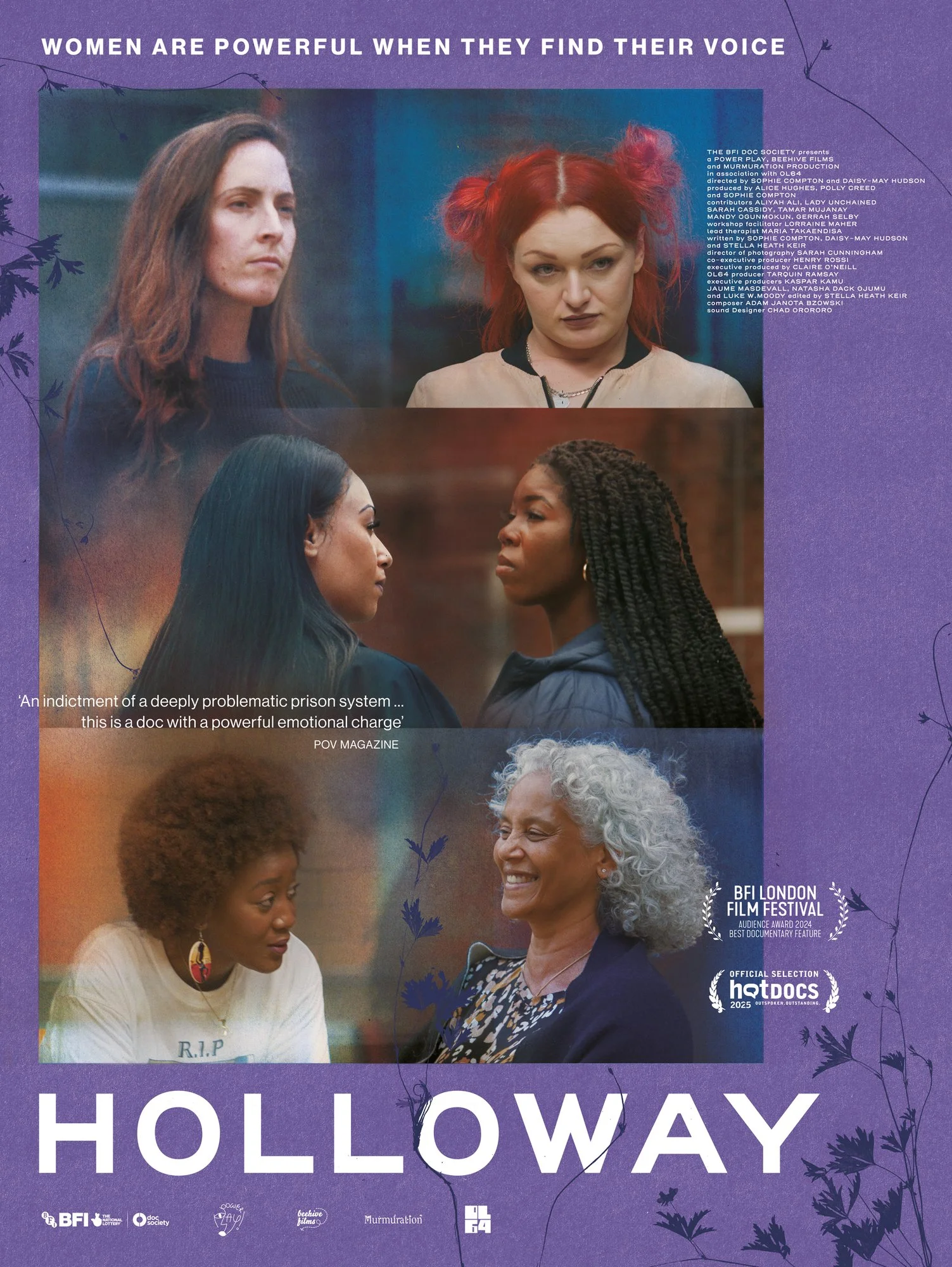Leal has issued the following statement:
“I am deeply saddened to learn of the recent vandalism of the Nogojiwanong Project panels at Millennium Park, interpretive signs that honour the 200th anniversary of the signing of Rice Lake Treaty No. 20 and the enduring presence of the Williams Treaties First Nations in this region.
This act of disrespect, particularly during National Indigenous History Month, is a painful reminder of the work still needed to advance truth, understanding, and reconciliation in our community. These panels are more than signs, they are a reflection of the stories, rights, and resilience of Indigenous Peoples, and a vital part of how we share and learn from the land we call Nogojiwanong.
While the act of vandalism is deeply disappointing, I am heartened by the swift response of community members. When City staff visited the site this morning, the panels had been restored. I want to sincerely thank those who stepped up and removed the graffiti with care and respect. Your actions speak volumes. You have demonstrated what it means to be true allies.
Millennium Park is also home to the public artwork titled The Gathering by Anishinaabe artist Michael Belmore. This artwork further invites reflection, dialogue, and connection, a space for all of us to come together in recognition of Indigenous history and futures.
Let us use this moment as a call to action, to learn more, to speak out against hate, and to stand in solidarity with Indigenous communities not only this month, but always.”

